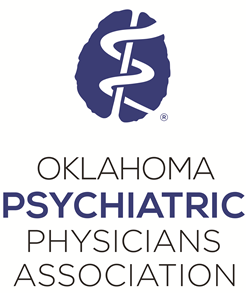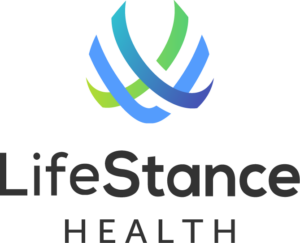Increase in Adolescent and Physician Suicides: Hiccup or Trend?
360° View, Challenges and Discussion
April 20, 2024
Jointly provided by the American Psychiatric Association and the Oklahoma Psychiatric Physicians Association
Recent increase in the rate of suicides in Adolescents especially female adolescents and in Physicians in the US are of grave concern to psychiatrists. This workshop-symposium is designed to offer educational activity to update knowledge base of all psychiatrist members of the American Psychiatric Association (APA) at no cost to them and give them an opportunity to ponder on the issues of etiology, contributing factors including substance abuse, access to care and impediments in obtaining effective preventive treatment. The seminar and following interactive discussion over dinner will try to cover the topic in a 360 degrees fashion including treatment approaches so the participant will be prepared to implement the knowledge and technique discussed in his/her daily practice immediately.
Locations
Laureate Psychiatric Hospital and Clinic, 6655 S. Yale Avenue, Tulsa, is the location of the seminar. Free parking is available.
The nearby Doubletree Hotel at Warren Place, 6110 S. Yale Avenue, is the location of the evening annual meeting and buffet dinner.
OPPA Member Registration (Free)
Psychiatrist Non-OPPA Member Registration ($180)
Resident Non-OPPA Member Registration ($75)
Healthcare Provider other than Psychiatrist ($200)
Dinner Guest of Registrant ($75)





